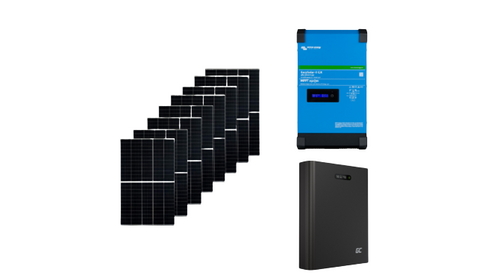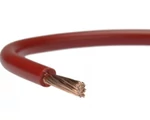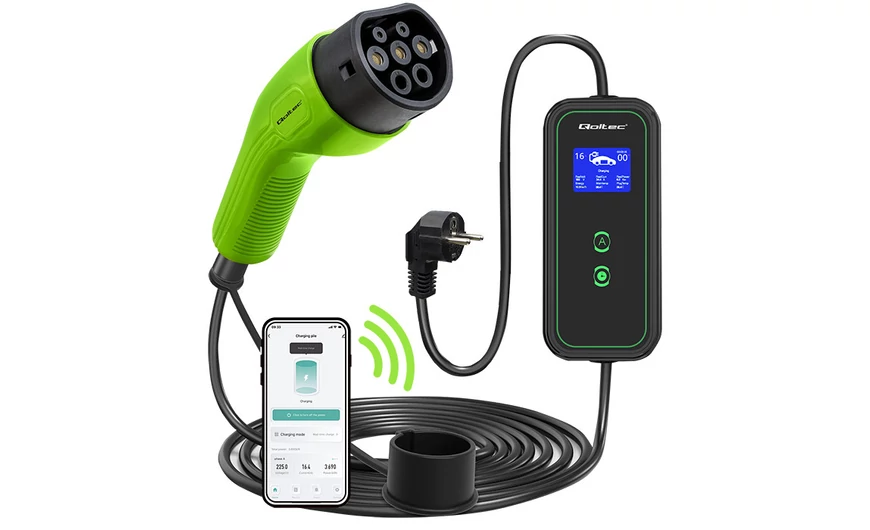|
|
Types of Electric Car Chargers |
When looking at electric car accessories, we can see that there are dozens of different types and variations of chargers available. Naturally, it is important to consider what specific requirements we have for a charger. In addition to the device itself, a cable will also be needed to connect it to the car's battery. There are multiple ways to charge an electric car, and they are typically categorized based on their power and operating principles.
The first category is network (home) socket charging. This is the simplest but also the slowest method. The car is connected to a standard 230V socket. Its advantage is that no special equipment is required, and the costs are minimal.
The downside is that it is very slow, taking anywhere from 10 to 20 hours for a full charge. Additionally, there are safety concerns, as not all electrical networks can handle this load in the long run. It is an ideal temporary or occasional solution, or for longer trips where other charging options may not be available. In such cases, it is useful to have one in the trunk.
A much more efficient option is a wall-mounted charging station. This is the most popular type of home charger, specifically designed for electric vehicle charging. Its advantages include much faster charging (with power levels ranging from 3.7 kW to 22 kW), enhanced safety, and smart features. A great example is the GC EV PowerBox, which is recommended for Type2 connector electric cars. However, installation costs should be considered, and it must be installed by a certified professional to comply with safety and legal regulations.
|
|
Public Charging Stations Are Also Available |
These chargers are typically found near shopping centers, office buildings, and public areas. They usually offer 11 kW or 22 kW power and can fully charge a vehicle in a few hours.
The main benefit is that they are convenient and easily accessible, but they are often occupied, and users must pay for charging. The fastest charging option among electric vehicle chargers is provided by fast and ultra-fast chargers. These use direct current and can deliver up to 350 kW of power, allowing an 80% charge in just 20-60 minutes. The downside is that they are more expensive, and frequent use over the long term can negatively impact battery life.
|
|
Why Is a Home Charger Better? |
One may wonder why a personal home charger is preferable when public stations offer much faster charging. There are several advantages to home installation. First, you do not have to share the charger with others, meaning you can charge your car whenever you want. At home, especially when combined with a solar panel system, charging can be much cheaper.
Modern wall chargers are completely safe and will not overload the electrical grid. Compared to standard socket charging, they are 3-5 times faster. Today, multiple charging options are available for electric vehicles, and our online store offers the right equipment to meet your needs.






















